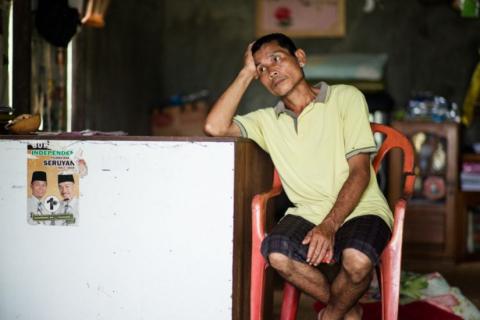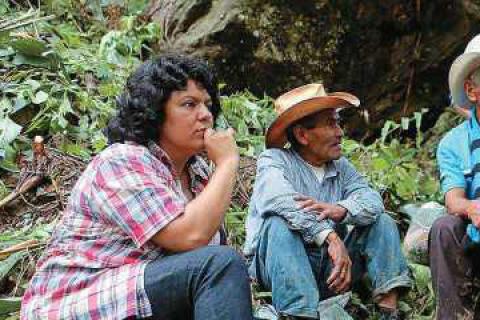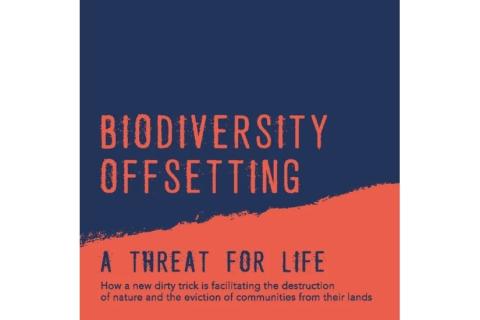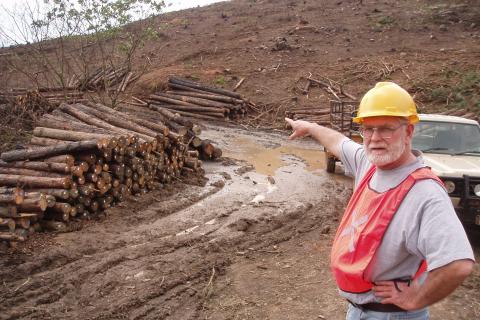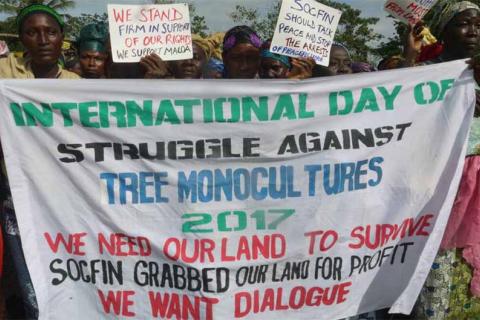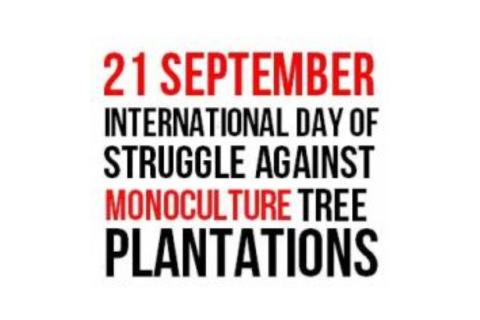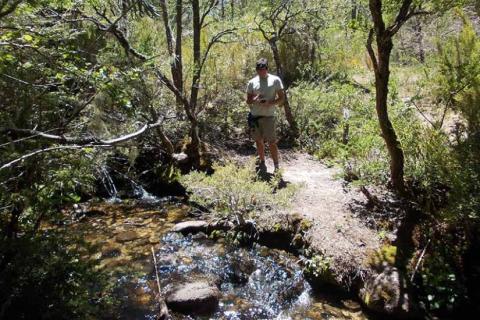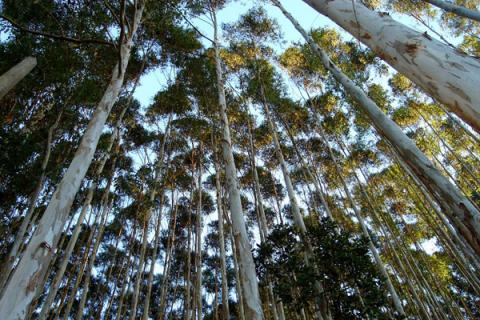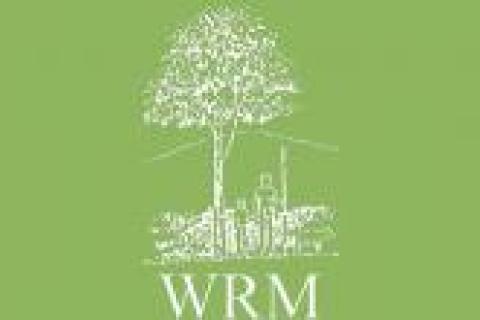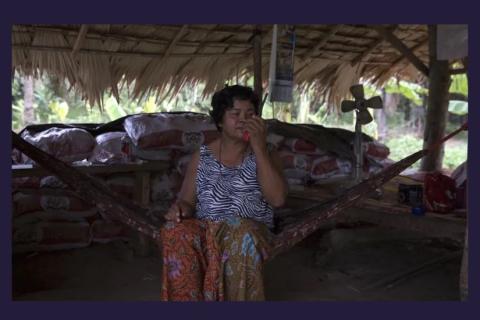The commercial power of the oil palm industry in Indonesia is intertwined with politicians and government authorities at the highest level, which leads to violent grabbing of land from peasant and traditional communities. This article, part of the series “Indonesia for sale”, is the story of money, politics and power in Seruyan, Borneo, Indonesia, one of the main focal areas of the oil palm industry in the country.
Access the article in English here.
Other information
The current wave of murders directly aimed at environmental and feminist activists demands a reflection that includes a gender perspective. The many community projects based on the cooperative model of self-management are being led by women: women who know and want to be free of exploitation—be it work-related, material, cultural or patriarchal—and who understand they are not free as long as their sisters are not.
Read the article in Spanish here.
This new briefing, published by the NGOs Re:Common and Counter Balance, exposes the absurd logic behind biodiversity offsets and explains how it is deployed by private companies – with the support of governments and the legitimization of some conservation organizations and academics – to greenwash their reputation and continue with business-as-usual.
Access the briefing on English here.
As WRM team, we are shocked and sad with the news that Wally Menne passed away, given the force and energy with which Wally always contaminated us, given his friendship, attention with us and other friend-activists.
MALOA, SILNORF, WRM, Bread for All and GRAIN | 25 September 2017
On September 21, 2017 about 150 to 200 women were stopped by police on their way to Pujehun to urge local authorities to take action against the Luxembourg-based oil palm plantation company SOCFIN for grabbing their lands and committing other related human rights abuses. The women were travelling from Malen Chiefdom and were stopped by road blocks set up by the police at Benga Junction, about 4 km outside of Pujehun, the capital of Pujehun District, Sierra Leone.
On 21st of September organisations and individuals around the world give visibility to the countless struggles against the expansion of large-scale monoculture tree plantations. Eucalyptus, pine, acacia, rubber, teak, oil palm and other types of industrial plantations cause disastrous impacts. This day also underlines the damaging impacts of this monoculture production model.
An international team of researchers published a study in the journal, Ecology and Evolution, which highlights the complex impacts of introducing an exotic species. This case showed that Eucalyptus has lethal and sublethal effects on the larvae of aquatic insects, which in turn affects various organisms that inhabit fluvial ecosystems with eucalyptus plantations on their banks. The study explains how the larvae affected by eucalyptus are mainly found in rivers, as they prevail in environments that have had less external intervention (small headwater rivers).
Large-scale planting of eucalyptus and acacia trees under a World Bank-aided project in India not only squeezed the rich underground water table in the districts of Bengaluru Rural, Kolar and Chikkaballapur, but also affected annual rainfall in the region. Assessing research papers and observations by forest officials, agriculture and geology researchers belonging to various organisations, an expert committee headed by the Minister for Forests, Ecology and Environment learned that the tree plantations were responsible for the recent parched condition of these districts.
The fifth issue of the journal "Trait d'Union", a trimestral magazine and liaison of the associations of populations surrounded by SOCAPALM plantations, workers' unions and oil palm planters, is available at this link. The issues of the Magazine Trait d'Union can be downloaded for free at www.palmespoir.org
Women protesters led a blockade against the Panguna copper mine to prevent the signing of a Memorandum of Understanding (MoA) between the Autonomous Bougainville Government (ABG) and the Bougainville Copper Limited (BCL) company. They also won a court injunction so the MoA cannot be signed until further notice. The MoA intends to allow BCL to reopen the mine before June 2019. The Panguna mine was abandoned in 1989 after a decade-long armed uprising and a movement for Bougainville independence from Papua New Guinea arose.
In November 2012, two women were found dead at the edge of a palm oil plantation. The death were understood as a clear warning to the Klong Sai Pattana village in Surat Thani, southern Thailand. The victims had spent the last four years fighting the Jiew Kang Jue Pattana Co. Ltd palm oil company in a land dispute that has engulfed this small community of around 70 families. For decades, Jiew Kang Jue Pattana Co. Ltd has illegally occupied and harvested palm oil trees on 168 hectares of land.
That is the title of a book co-authored by Mordecai Ogada and John Mbaria. “In many parts of Africa, conservation goes along with controlling lands in one way or another. It’s rarely practised at the level of just looking at the species and the issues, it always includes controlling lands, for better or for worse,” says Ogada during a presentation of his book at the Colorado State University Africa Center in March 2017. The one and a half hour video uncovers many of the myths, lies and hidden truths behind the conservation industry.
Watch Ogada’s presentation (in English) here:
